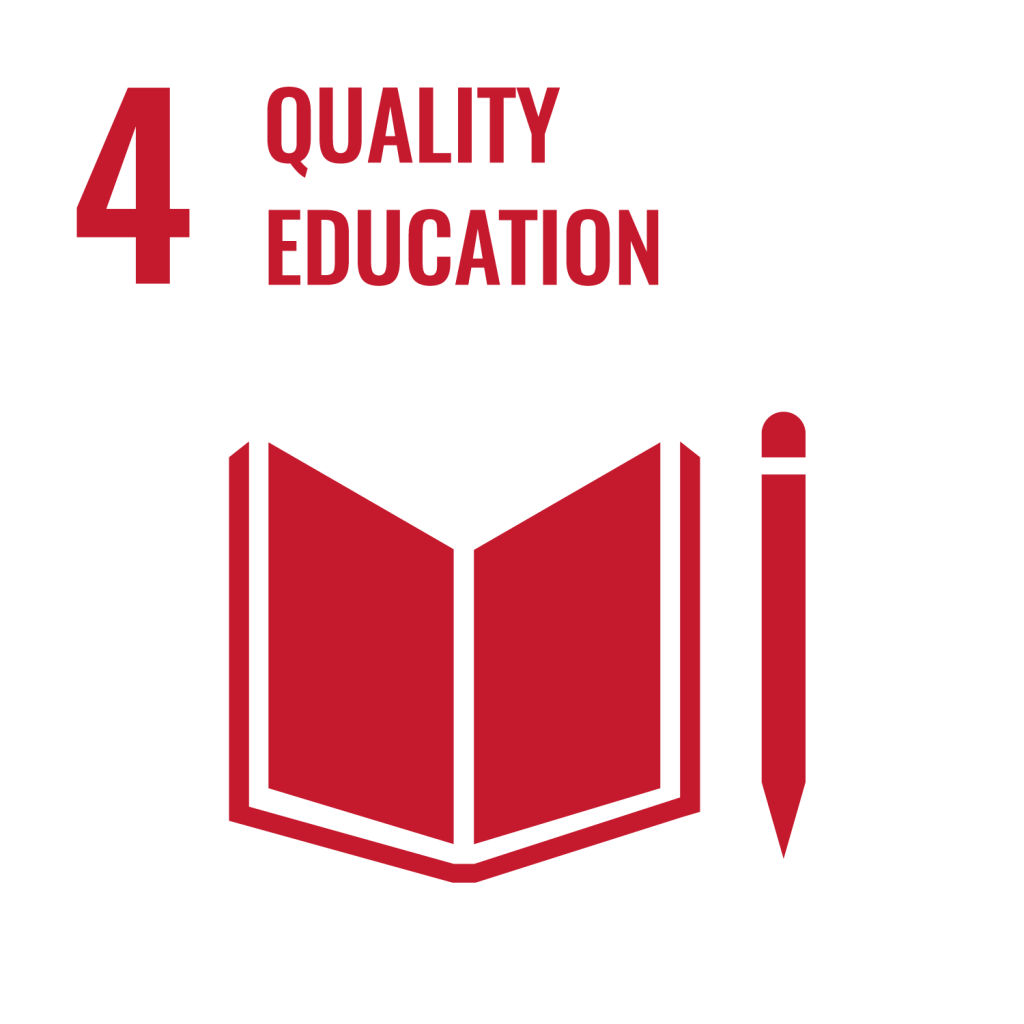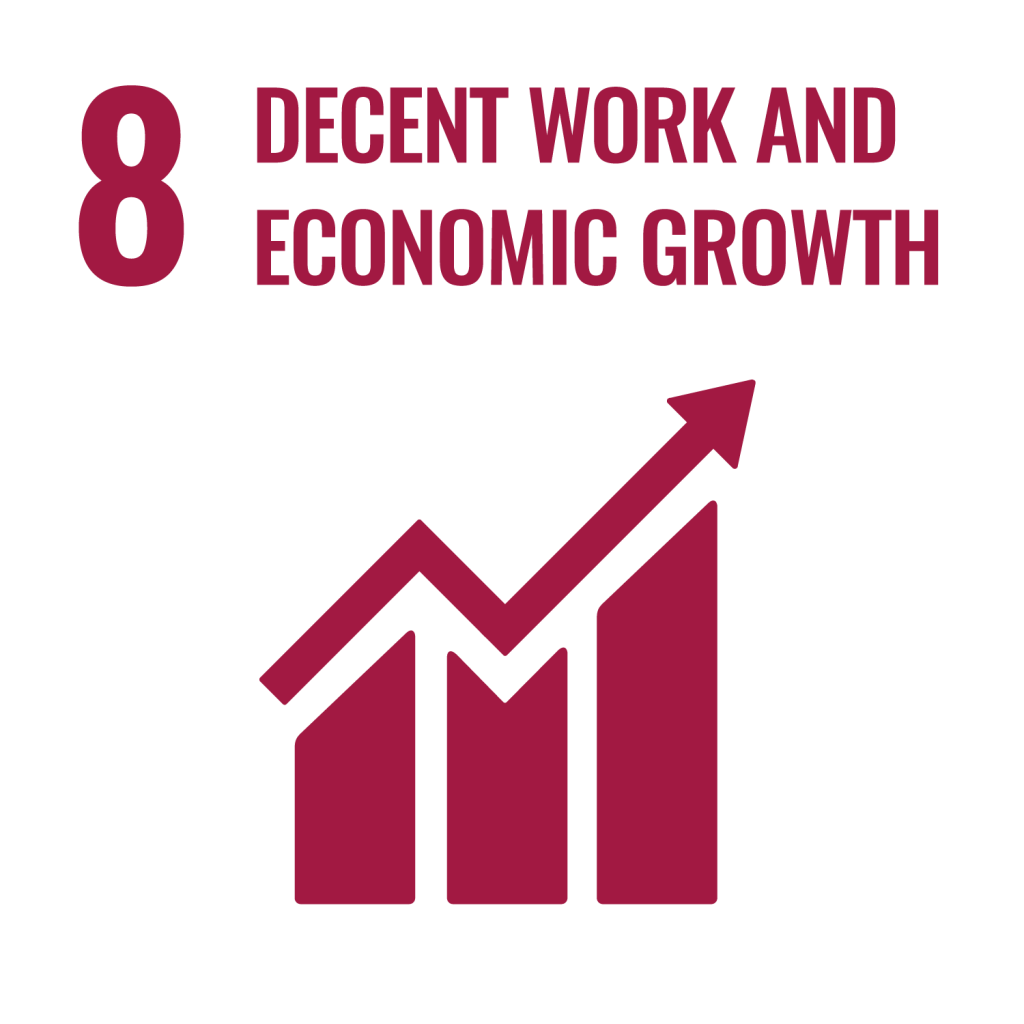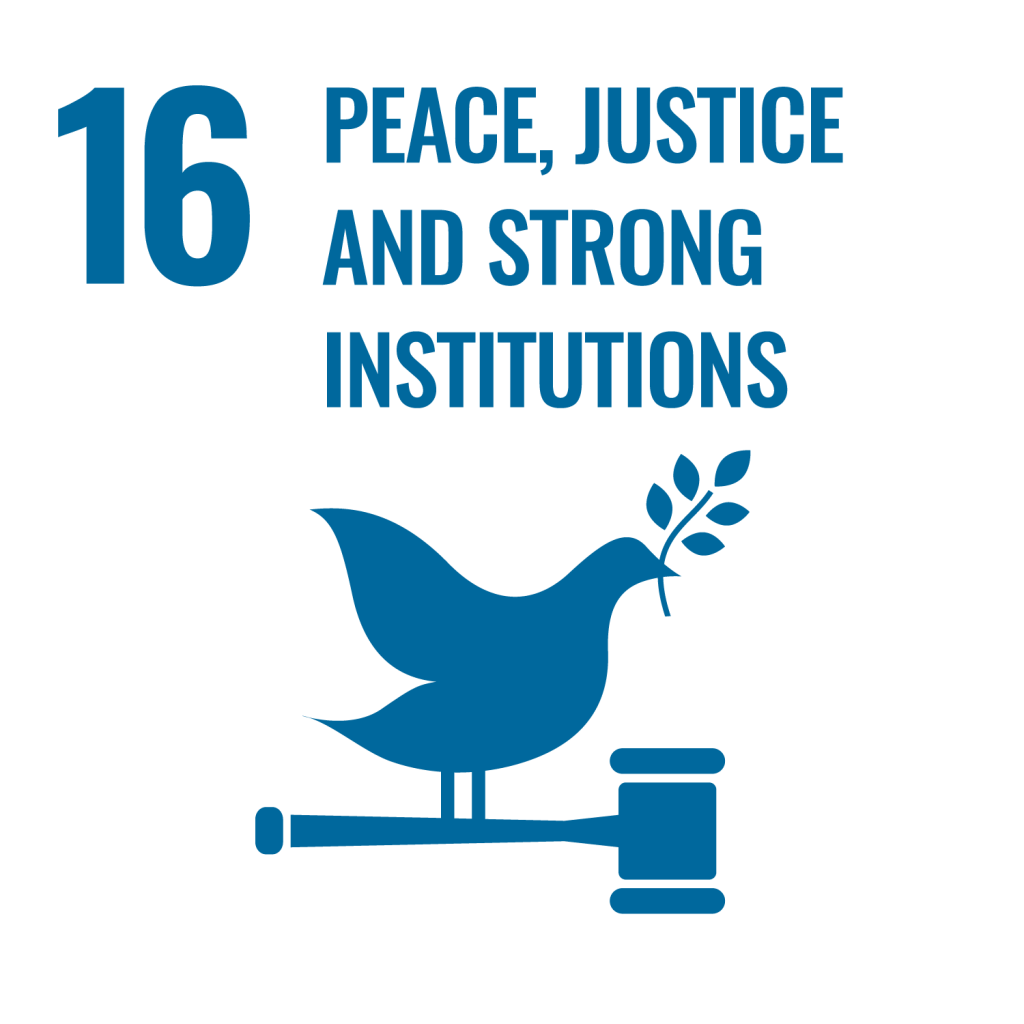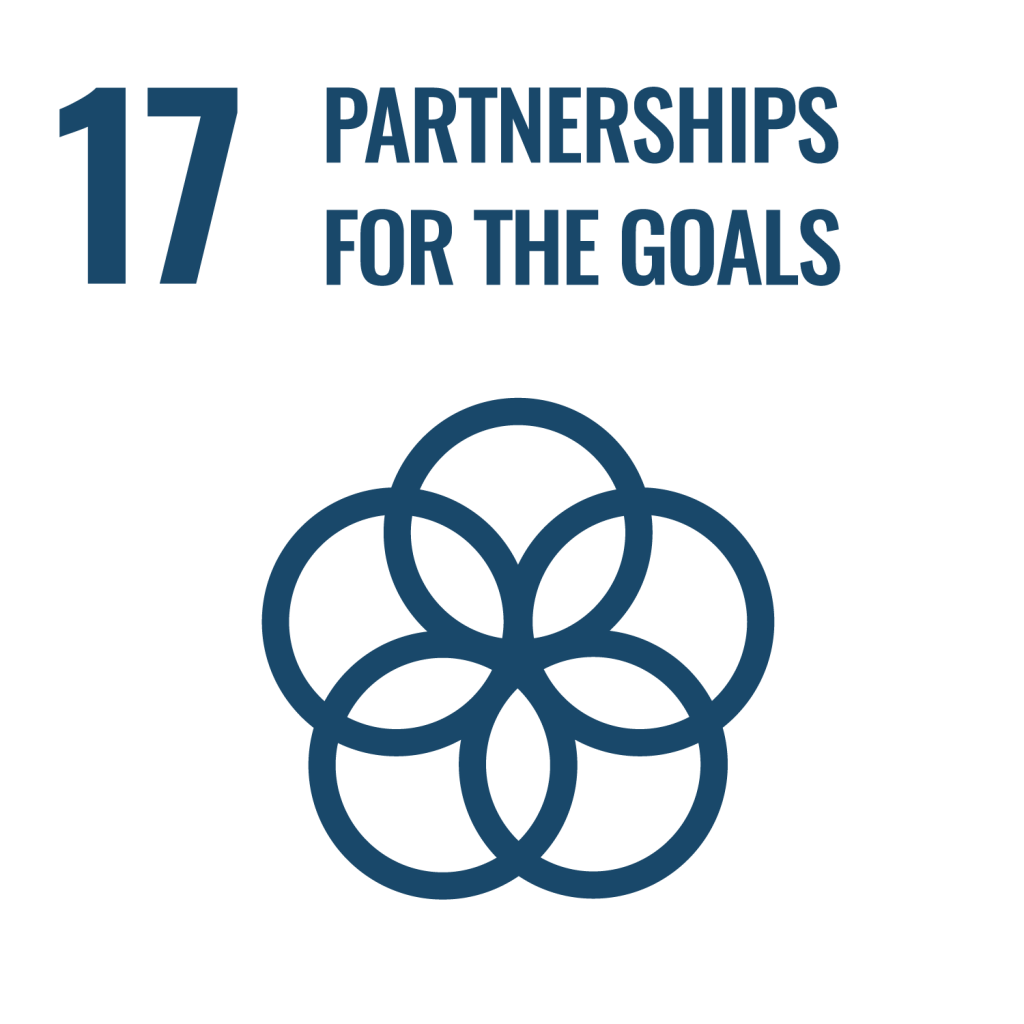Seeing the growing community of people rapidly embracing digital trends and transformation, a large segment of society remains alienated: incarcerated individuals. Many people in this population serve long-standing incarceration terms without access to basic technological skills.
Many people experiencing incarceration are released without the digital skills needed to navigate today’s world. This gap between correctional facilities and society is growing, making it harder for formerly incarcerated persons to find jobs, improve their social relationships, handle their finances, and keep up with modern technology.
Yet, over time, data show that integrating technology into rehabilitation programs significantly improves post-prison success.
Creating a link between Correctional Facilities and Digitalization
Traditionally, correctional facility rehabilitation has focused on vocational training, counselling, and reintegration support. While these are essential, the digital gap remains one of the most overlooked barriers to reentry into society.
When we launched our Tech skill acquisition training (Codeable) in partnership with Seamless HR at the Ikoyi correctional facility, Lagos, in 2023, we realized that:
- A significant percentage of incarcerated individuals have little to no exposure to digital skills, making their reintegration into society more difficult.
- Justice-impacted individuals who are trained in basic technological skills are less likely to recidivate, which will contribute to a lower recidivism rate in the communities.
- In the absence of digital literacy, formerly incarcerated individuals are likely to face challenges in accessing crucial health, economic, and socio-cultural services that have been digitally improved, such as online banking and job applications.
As a way of tackling this issue, we expanded the tech skills acquisition training to the Kirkiri female and medium correctional facilities in Lagos state, Nigeria, giving more incarcerated persons the opportunity to begin their journey to the new life they want to build for themselves.
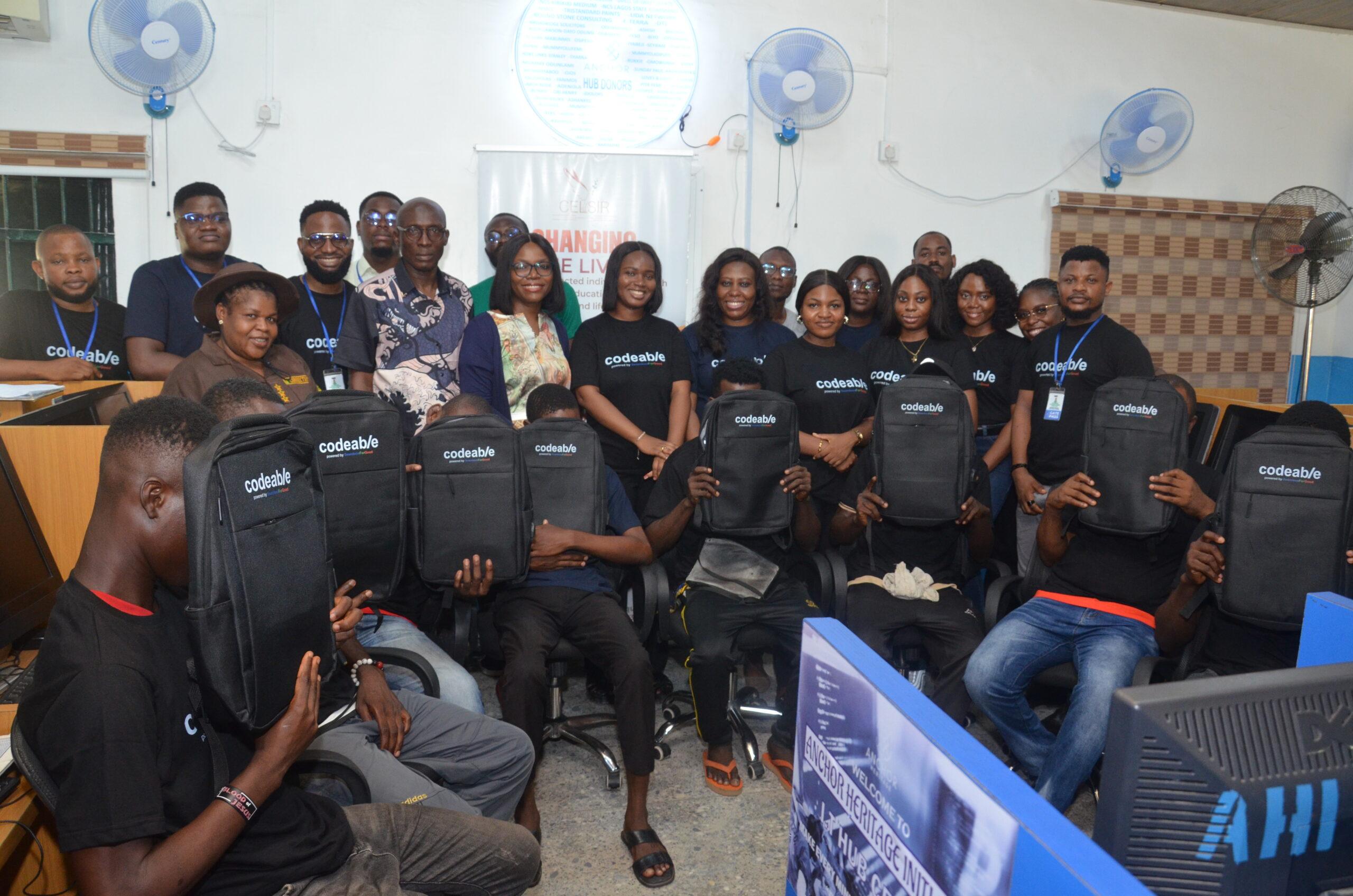
It is instructive to note that various countries are harmonizing technology into their correctional programs, ensuring that incarcerated individuals gain the essential digital skills needed to reintegrate successfully into a rapidly evolving world. Such innovations in the correctional sector are ideal for the genuine rehabilitation of justice-impacted persons.
Innovative Approaches to Digital Rehabilitation
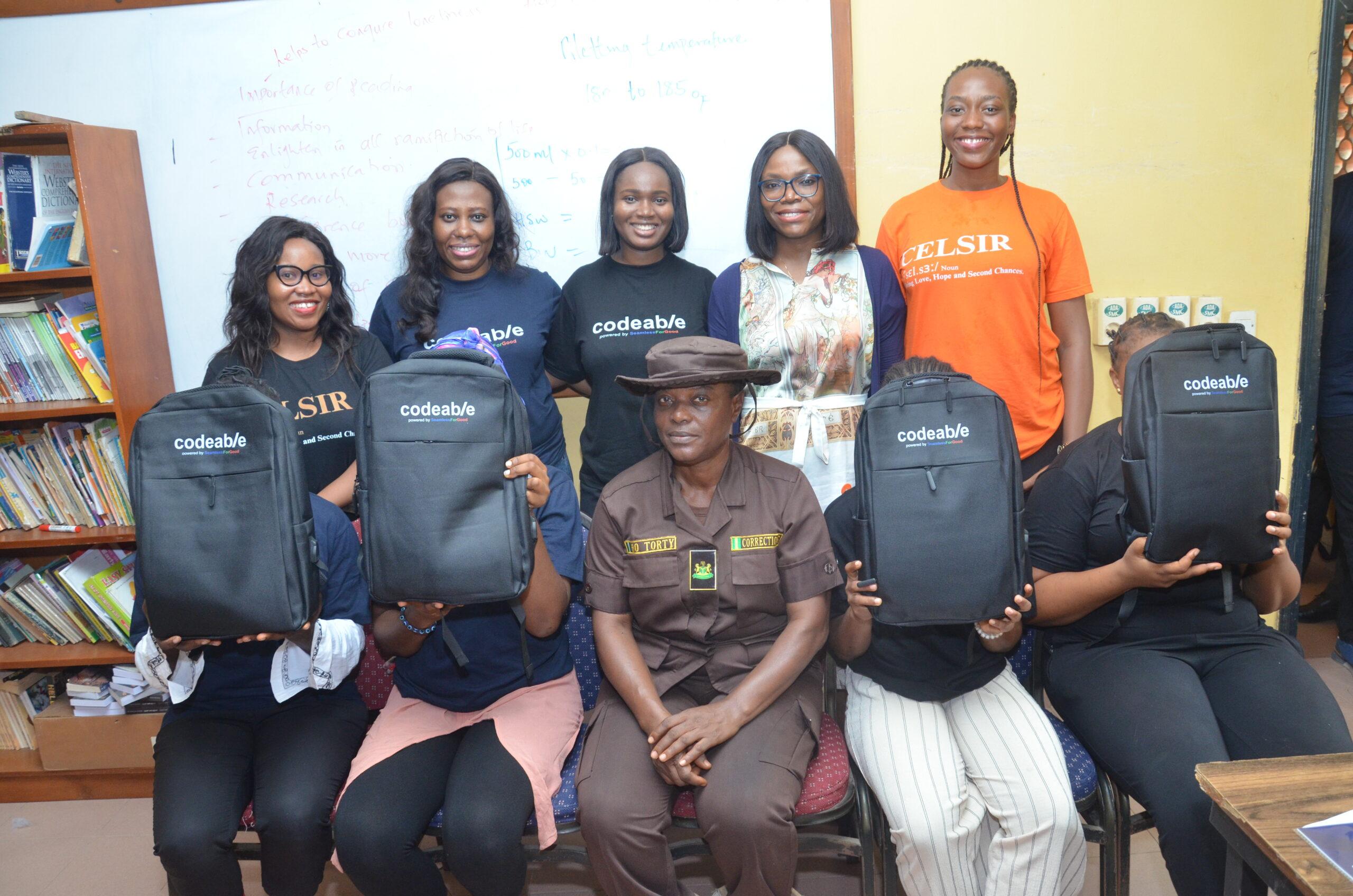
We have seen that teaching justice-impacted persons basic computer skills, internet usage, and online communication tools assists in their smooth transition into society post-incarceration. Programs like these have already been introduced in developed countries and have shown promising results.
Also, given the global demand for IT professionals, our Codeable program teaches incarcerated and formerly incarcerated individuals tech programs on software development, product management and other technical skills, equipping them with high-income skills that transcend digital barriers.
Notably, with the emergence of technological innovations such as Virtual Reality Technology in the fast-expanding labour market, training would allow incarcerated individuals to simulate real-world work environments, helping them develop practical skills in construction, automotive repair, and customer service. Data suggests that immersive training significantly improves job retention rates after release.
This digitalization in correctional facilities has also had an impact on the mental health of incarcerated individuals. Digital tools provide access to virtual therapy, telemedicine, and educational resources, reducing feelings of isolation, anxiety, and depression.
The global workforce is shifting toward the trends in automation, AI (Artificial Intelligence), UI (Uploaded Intelligence) and digital entrepreneurship/ techpreneurship. With initiatives like Codeable, CELSIR is leading the rehabilitation of incarcerated and formerly incarcerated communities using tech education.
As we look toward a future driven by Technological Innovations and digital connectivity, one major question remains: will our rehabilitation systems evolve, or will they continue to create digital outcasts?
We urge the Nigerian government to invest in the digital and technological education of incarcerated persons as a form of promoting their reformation, rehabilitation and empowerment.



